ORIGINAL RESEARCH
Published on 23 May 2018
Inattentive Delirium vs. Disorganized Thinking: A New Axis to Subcategorize PACU Delirium
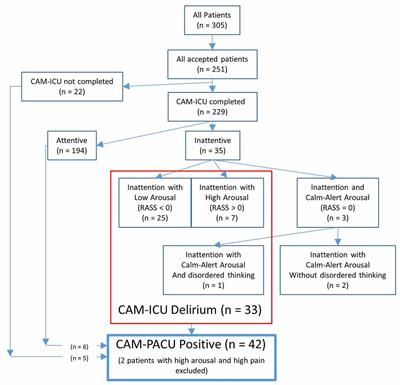
doi 10.3389/fnsys.2018.00022
- 5,131 views
- 14 citations
26k
Total downloads
137k
Total views and downloads
ORIGINAL RESEARCH
Published on 23 May 2018

ORIGINAL RESEARCH
Published on 20 Mar 2018
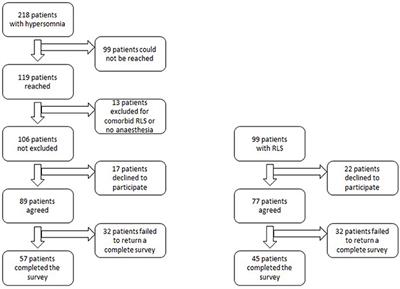
ORIGINAL RESEARCH
Published on 11 Dec 2017

OPINION
Published on 17 Oct 2017
HYPOTHESIS AND THEORY
Published on 14 Sep 2017
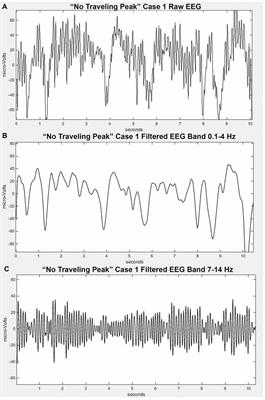
HYPOTHESIS AND THEORY
Published on 25 Aug 2017
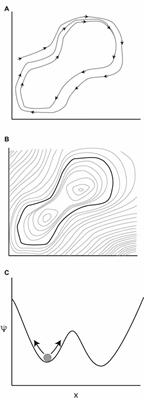
REVIEW
Published on 22 Aug 2017
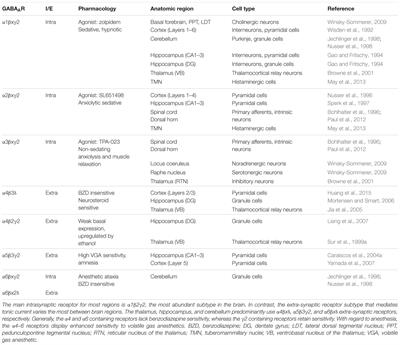
ORIGINAL RESEARCH
Published on 04 Jul 2017
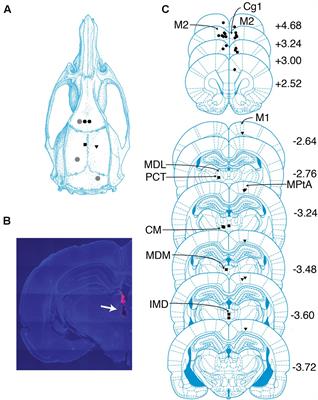
ORIGINAL RESEARCH
Published on 30 Jun 2017

ORIGINAL RESEARCH
Published on 28 Jun 2017

OPINION
Published on 22 Jun 2017

HYPOTHESIS AND THEORY
Published on 20 Jun 2017
